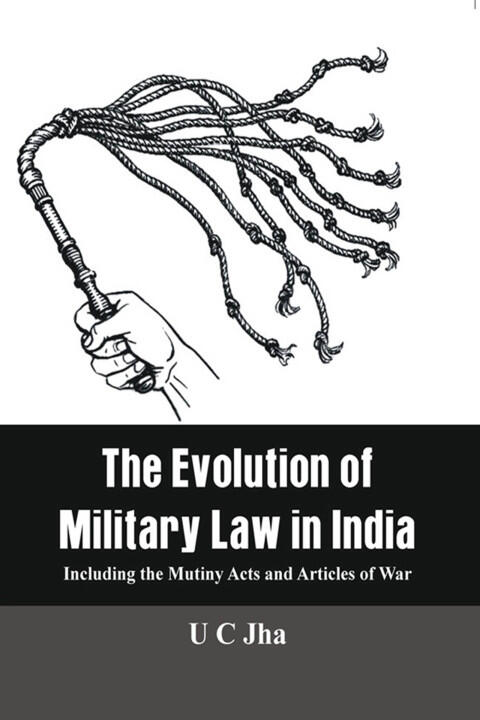
The Evolution of Military Law in India: Including the Mutiny Acts and Articles of War
بواسطة
Dr U C Jha
لا توجد تقييمات بعد
Action & Adventure
History
تنسيق
كيندل
صفحات
1,418
لغة
الإنجليزية
منشور
Jan 1, 2020
الناشر
VIJ Books (India) Pty Ltd
الطبعة
1
رقم ISBN-10
8194285127
رقم ISBN-13
9788194285120
الوصف
Dr. U C Jha delves into the intricate history of military law in India, providing an enlightening examination of its evolution and significance. Tracing its roots to the 14th century with the earliest British army code, Jha navigates through centuries of legal developments, focusing on pivotal changes that shaped the military landscape in the subcontinent.
The narrative unfolds to reveal the impact of various legal frameworks, including the Mutiny Acts and Articles of War, highlighting how these laws addressed the unique challenges faced by armed forces in India. This comprehensive exploration not only showcases the legal intricacies but also contextualizes the broader socio-political environment that influenced military regulations.
In meticulously examining the transformation of military law in response to historical events, Jha presents a nuanced understanding of how legislation evolved to meet the needs of an imperial army. Readers gain insight into the complex relationship between military discipline and civil rights, reflecting on the ongoing relevance of these legal principles in contemporary settings.
Overall, the work stands as a significant contribution to the literature on military law, offering invaluable perspectives for scholars, legal practitioners, and anyone interested in the intersection of law, history, and military affairs in India.
The narrative unfolds to reveal the impact of various legal frameworks, including the Mutiny Acts and Articles of War, highlighting how these laws addressed the unique challenges faced by armed forces in India. This comprehensive exploration not only showcases the legal intricacies but also contextualizes the broader socio-political environment that influenced military regulations.
In meticulously examining the transformation of military law in response to historical events, Jha presents a nuanced understanding of how legislation evolved to meet the needs of an imperial army. Readers gain insight into the complex relationship between military discipline and civil rights, reflecting on the ongoing relevance of these legal principles in contemporary settings.
Overall, the work stands as a significant contribution to the literature on military law, offering invaluable perspectives for scholars, legal practitioners, and anyone interested in the intersection of law, history, and military affairs in India.

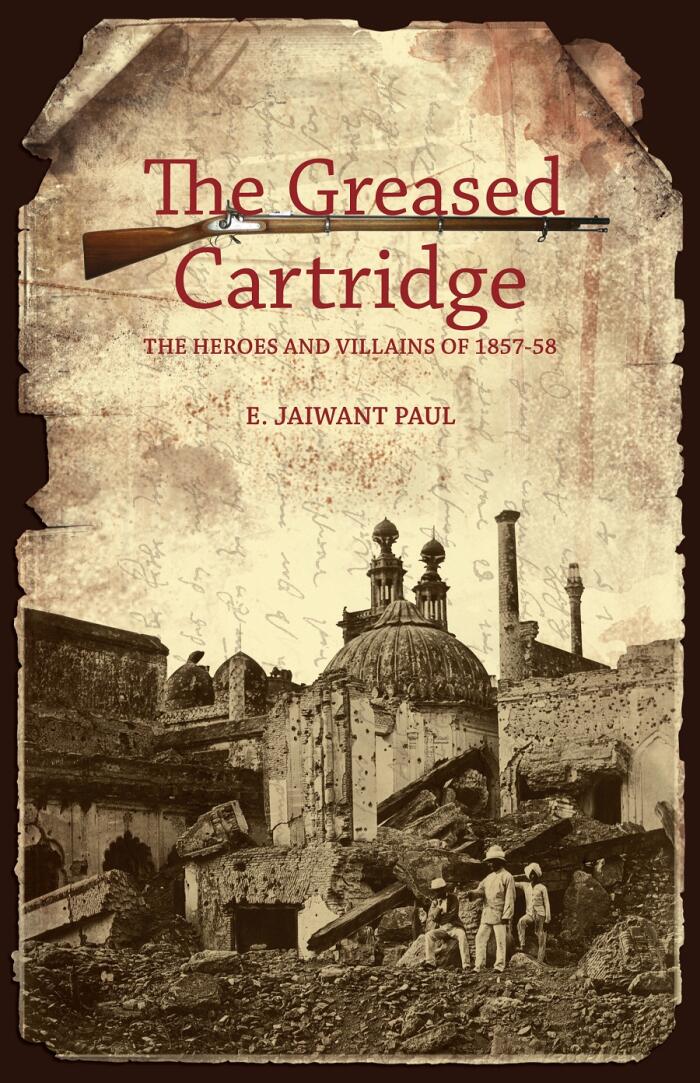



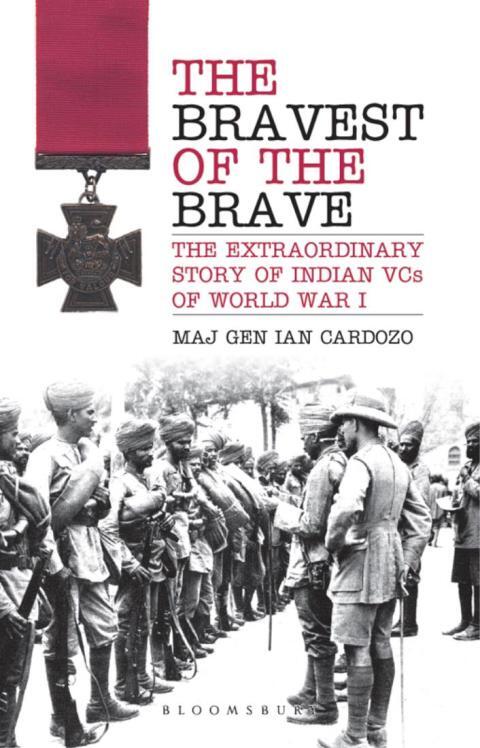

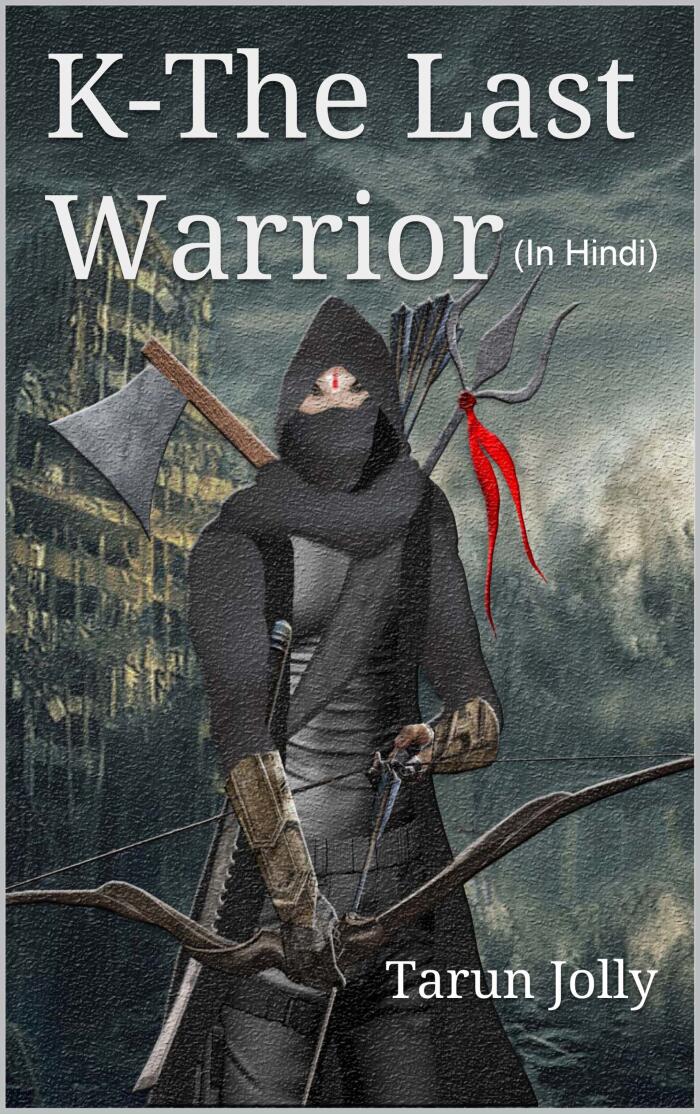
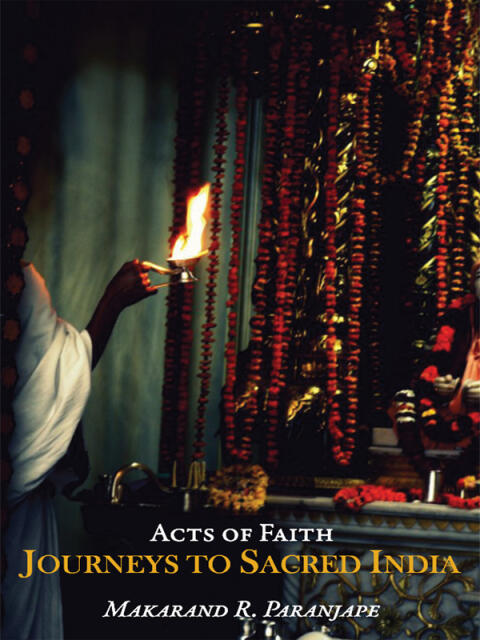
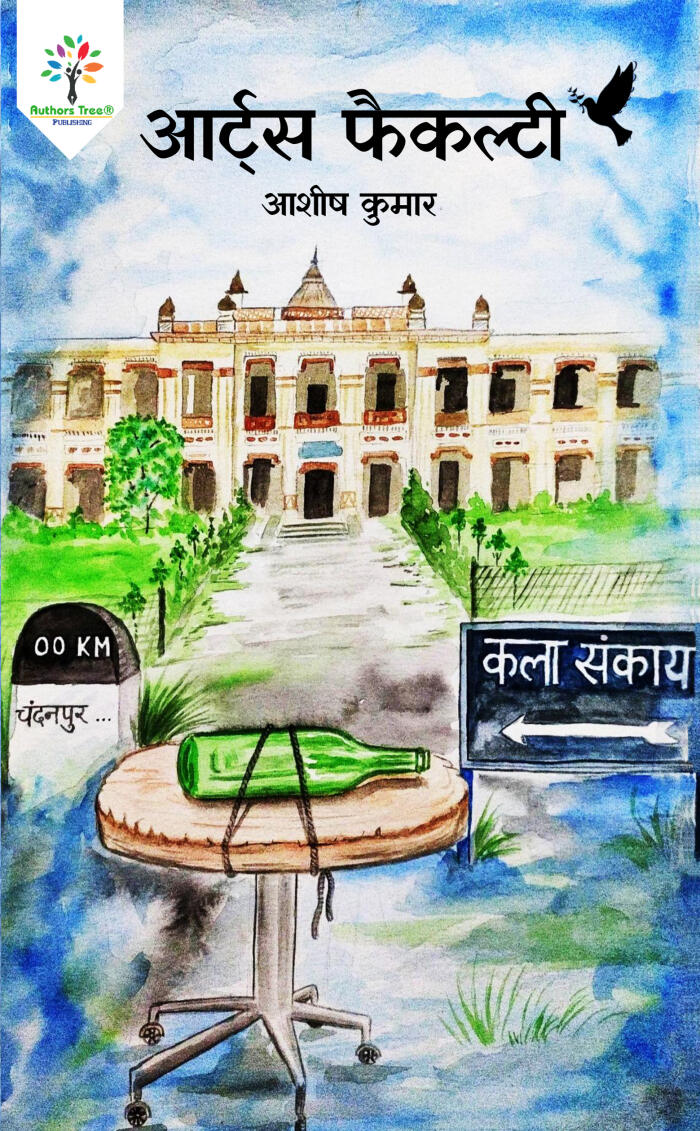


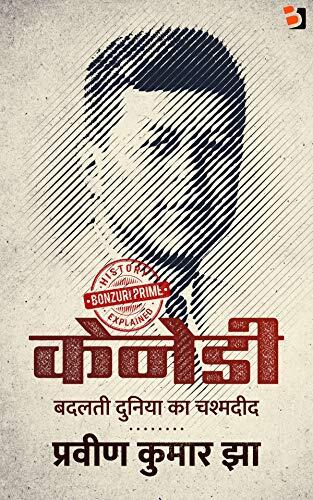
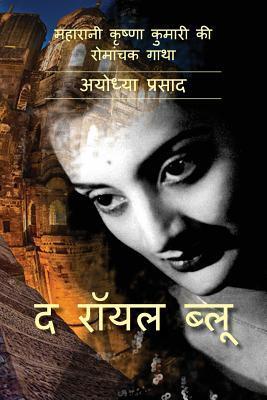
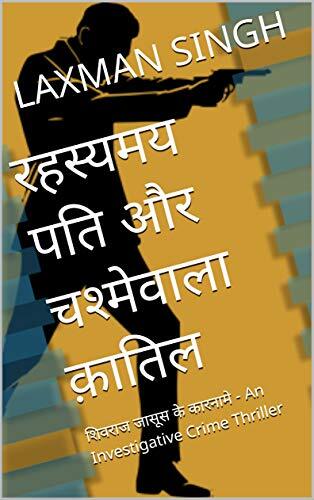

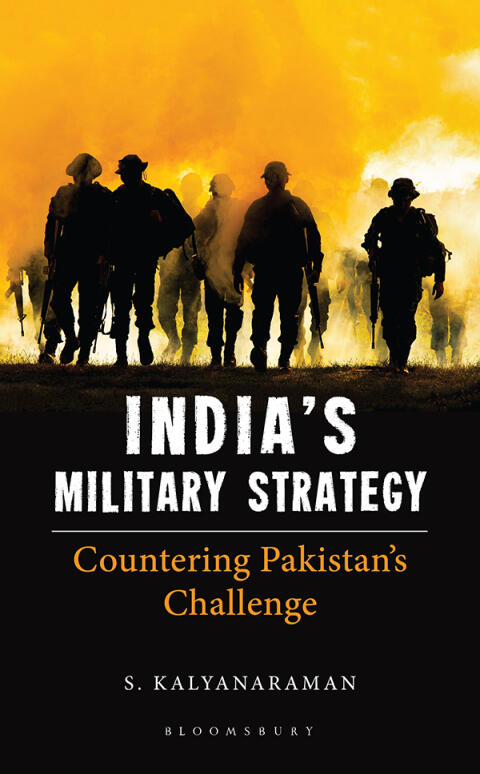
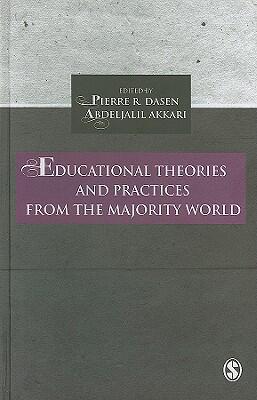
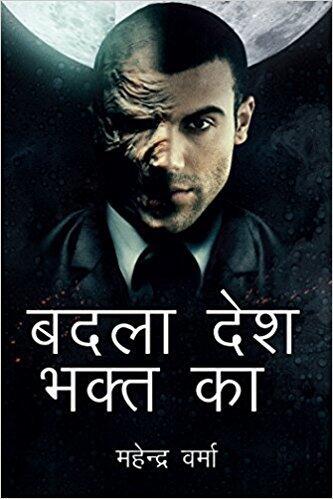
![Star Wars Episode #05: Empire Strikes Back Novelization [Paperback] [Sep 25, 2014] Donald F. Glut,George Lucas](https://images.bookpine.com/0af337af-47b0-4377-af98-d2d875d73606.jpg)